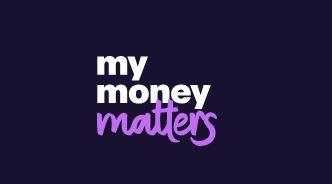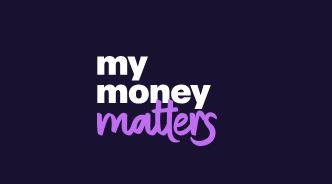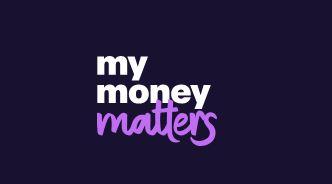Improving Your Credit Score
Building a good credit score is important because it can affect your ability to borrow money or access products such as credit cards or loans. You can check your score for free and if it isn’t in the best shape, there are things you can do to improve it.
Improving your credit score
Check your credit report
Your credit report contains all the information which makes up your credit score. You can check your credit report for free using:
It’s worth checking with each of these, as the information they hold on you can be different as they are each based on data from different credit reference agencies. Your credit report will give you advice about areas for improvement.
Check for mistakes
When you look at your credit report, check for any errors or mistakes. Even something like a typo in your address can have an impact on your credit score. You should also check the details of any lending in your name and report any mistakes immediately.
Make sure your address is up to date
Having your current address on your credit report is very important. When you move home, make sure you register to vote at your new address as soon as possible. Councils send voter data to credit reference agencies once a month, so this can improve your score within eight weeks.
Paying bills on time
Making sure your bills are paid on time is the best way to prove to lenders you’re able to manage your finances effectively. Not all bills count towards your credit score, so it’s worth checking which ones do by looking at your credit report. If you’ve missed a payment or worried you will miss a payment, you should contact your provider as soon as possible.
Improving your credit score with additional information
Rent payments
Adding evidence of keeping up with rent payments helps people build a credit history without having to enter into new credit agreements to enrich their credit record information.
Previously, landlords didn’t provide rent payment information to credit records. However, social housing providers, larger property management companies and private landlords can now add information showing that you’re keeping up with rent payment information to Experian credit reports via the Rental Exchange scheme.
Open Banking
The nine largest UK-regulated banks have to allow you to share information about your current account transactions, including all your outgoings and income, with other organisations, including other lenders. This information is called open banking data.
Sharing this information can often help lenders make more accurate decisions about what you can afford to borrow and whether to lend you money, and this might help you to borrow money at a more affordable price for you. Credit reference agencies are now offering customers the opportunity to share this information through their credit records. Your bank can only share this information with your explicit consent.
Consider getting a credit-building card
If you have a poor credit history, you might want to think about getting a credit-builder credit card. These are cards designed for people who either have made little previous use of credit or who have a bad credit history. But credit limits on these cards are often low and the interest rates are high. This reflects the level of reassurance your credit file information provides to lenders.
By using these cards and paying off the bills each month, you can help prove you’re creditworthy, increase your credit score, and apply for other cards and loans when your credit rating improves.
But be aware that the interest rates charged are much higher than standard credit cards. Typically, you’ll be paying over 30% in interest a year, which is another reason to try to pay off any balance in full each month. Otherwise, you might end up in debt that you struggle to get out of, which could harm your credit rating even further.
Avoid expensive credit repair companies
You might see adverts from firms that claim to repair your credit rating. Most of them simply advise you on how to obtain your credit file and improve your credit rating – but you don’t need to pay for that, you can do it yourself.
Some might claim that they can do things that legally they can’t, or even encourage you to lie to the credit reference agencies. It’s important to not even consider using these firms.


















































